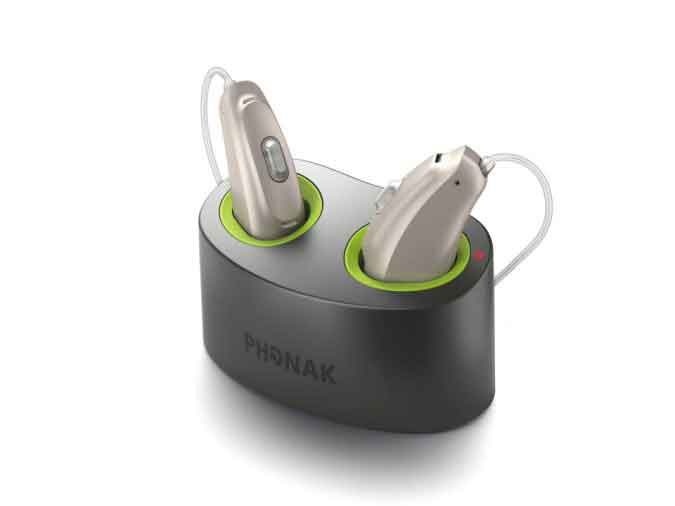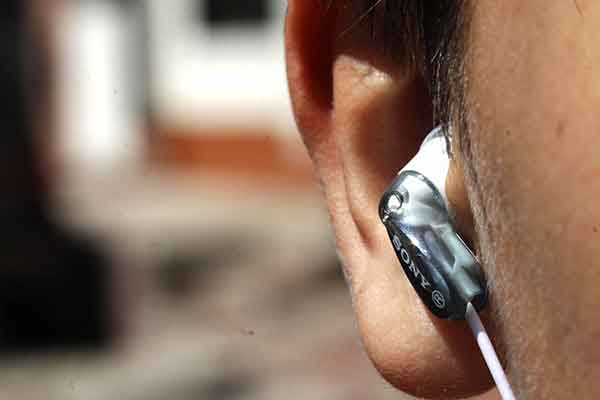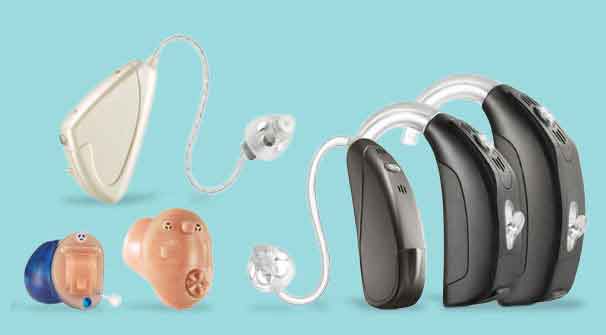After clearing the hurdles of realizing you may have hearing loss, going to a Doctor of Audiology and getting a hearing test, and choosing a suitable hearing aid, comes the real challenge: figuring out how to pay for your new hearing device. Here’s what you need to know about hearing devices and insurance policies. […]
Read More… from Are Hearing Devices (and Hearables) Always Covered by Insurance?







